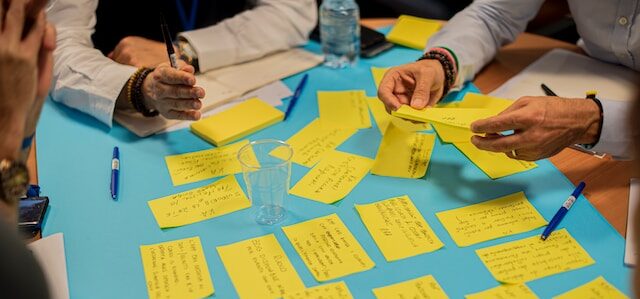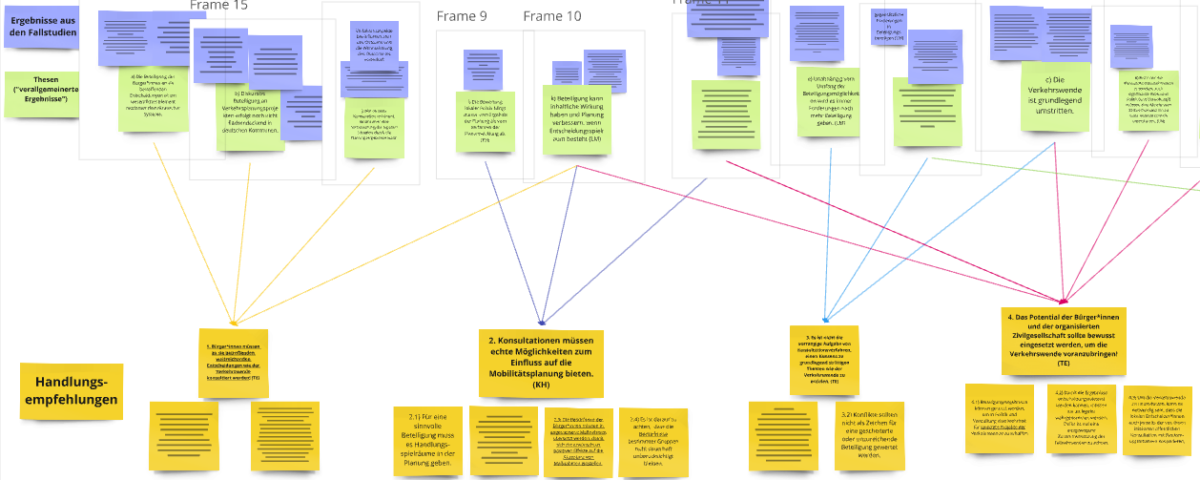As part of a joint digital exchange with the city administration of the city of Marburg (including citizen participation and transport planning) on September 25, 2024, the research group presented the results of the surveys in connection with the participation process for the MoVe 35 mobility and transport concept. The MoVe 35 project was one of a total of five planning projects that were intensively investigated by the CIMT research group over several years in order to examine the effects of consultative citizen participation on political attitudes, among other things.
Various participation formats were carried out as part of the planning process, e.g. an online survey, workshops, a project advisory board and an online dialog on public transport. A (council) referendum was also held in connection with the mobility concept. Further information on the MoVe 35 project and the participation formats used can be found on the city of Marburg’s website.
This planning and participation process was examined by the CIMT research group at Heinrich Heine University Düsseldorf independently (i.e. without being commissioned or influenced by the city of Marburg), primarily with the help of surveys of Marburg residents. For this purpose, a randomly selected part of the population in Marburg was surveyed in 2021 and 2024. Further information on the research group’s surveys can be found here.
Selected results
- As in all of our project areas, transport policy and the transport transition are conflicting issues. In Marburg, however, there is a particularly clear contrast between the educational groups. For example, the majority of people without a high school diploma reject the idea of reducing space for car traffic in the future, while almost half of those with a high school diploma can imagine doing so.
- Supporters and opponents of the mobility transition were similarly represented in the participation process. It was noticeable that an above-average number of car drivers took part in Marburg.
- The measures envisaged as part of Move 35 are viewed positively by the majority of people with high education in order to achieve the goals of sustainable mobility – in contrast to people without high education.
- The very different assessments of the two educational groups are also evident in the (planned) voting behavior for the referendum on halving car traffic: the majority of people with high education are in favor, the majority of people with low education are against, and participants in the consultation process are divided.
- Although satisfaction with the local institutions (mayor, city administration, council) was slightly better overall than in other project areas, it deteriorated significantly between 2021 and 2024 among people with low education.
- The information on the participation process reached a large part of the population. Nevertheless, it was mainly highly educated middle-aged men who took part – typical of consultative participation. It had a relatively large impact on citizens’ satisfaction with the mayor, administration and council. As expected, people who welcome the measures of MoVe 35 tend to be more satisfied, while those who reject the measures express greater dissatisfaction.
Download presentation
A prepared form of the results presentation can be downloaded here:





